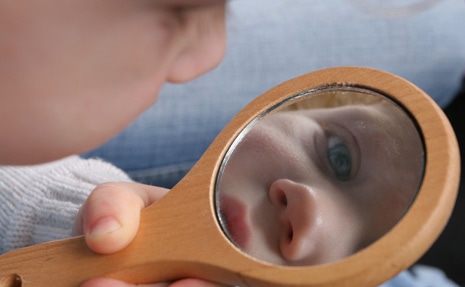It happens to us all. We make mistakes. Even when we feel we’ve made the best decision based on the information we have at the time. Sometimes failure comes with little to no negative consequences and other times, it comes with a much higher price. In many situations, we stop ourselves short because of the fear of failure. We thwart our ability to proceed based on the crippling regrets of past failures.
Fortunately, a recent concept known as intelligent failure has shed some much needed light on the notion that one can learn, maximize, and even accelerate through the act of trial and error. Note the emphasis on the term, error. If we are able to emphasize the idea that innovation can be made possible by accepting a certain risk of failure that is inherent in new ideas and approaches, we can grow our risk tolerance and comfort with failure in healthy ways.
The reality is that no matter how hard we try to avoid failure, it will happen. Intelligent failure is the intentional practice of reacting to these situations more productively and less defensively. This is a skill that anyone can learn. It is the hope anyone fearful of decision-making welcomes.
So how does one learn the skill of intelligent failure? Well, Commander Chris Hadfield sets a pretty amazing example. I’ve blogged about it back in August when I was speaking at a conference where Chris was the keynote. His message was about hope and how planning for failure builds greater confidence and successful outcomes.
Often people are afraid to talk about their failures. Perhaps is is the fear of ridicule or simply dredging up the painful memories. When we talk about failure, we help others gain a different perspective and learn to avoid making the same mistakes.
Like squeezing the juice from a lemon to make lemonade, when we fail intelligently, we look at the experience for the opportunity to extract as many lessons as we can as part of our journey to success. Failure can teach us a lot.
On this week’s episode of Your Authentic Life, I interview Heather Clarke, an executive coach who will share tips about intelligent failure. Tune in to VoiceAmerica’s Empowerment Channel, Wednesday at 2:00pm ET or 11am PT, to hear this interview live.
The biggest tip I can share with you is to push through feelings about failure. It is human nature to be staunchly averse to feeling the embarrassment or shame that is linked to talking about mistakes. It can pull down your self esteem if there isn’t a trusting environment to explore the learning that comes from these experiences. When you don’t talk about it or deal with it early, there can be a tendency to pretend it didn’t happen or that you didn’t have a part in it. No one has the ability to learn or draft a new course for success as quickly or successfully as could have been possible. As Robert F. Kennedy said, “Only those who dare to fail greatly can ever achieve greatly.”
I’m excited about this episode to liberate the stigma related to failure and hope you’ll give us a listen on Wednesday. Remember, it isn’t about celebrating failure, but rather staying curious and open to learning about what it can teach you when it occurs.






